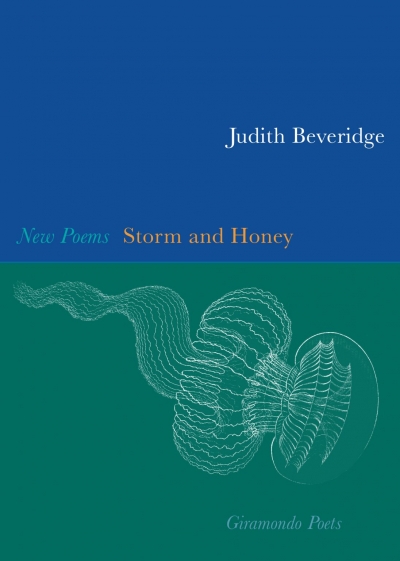Accessibility Tools
- Content scaling 100%
- Font size 100%
- Line height 100%
- Letter spacing 100%
Judith Beveridge
The ABR Podcast
Released every Thursday, the ABR podcast features our finest reviews, poetry, fiction, interviews, and commentary.
Subscribe via iTunes, Stitcher, Google, or Spotify, or search for ‘The ABR Podcast’ on your favourite podcast app.
The red thread: Xi Jinping’s ideology of power
by Neil Thomas
This week on The ABR Podcast, Neil Thomas reviews On Xi Jinping: How Xi’s Marxist Nationalism is shaping China and the world by Kevin Rudd. Thomas explains that even China watchers find it hard to be clear on the thoughts and plans of the leader of the Chinese Communist Party. They disagree, he tells us, on basic, critical questions, such as for how long Xi will rule. ‘Enter Kevin Rudd’, Thomas writes. ‘In his latest book, former prime minister Kevin Rudd adds a worthy new chapter to his life of public service, digesting thousands of pages of “Xi Jinping Thought” so that you do not have to’. Neil Thomas is a Fellow on Chinese Politics at Asia Society Policy Institute’s Center for China Analysis in Washington DC. Here is Neil Thomas with 'The red thread: Xi Jinping's ideology of power' by Neil Thomas, published in the December issue of ABR.
Recent episodes:
I wish we had critics reviewing books who weren’t writers or academics but who were simply passionate readers involved in various walks of life. At present, criticism seems a mixed bag. Some reviewers are terrific, others seem to merely describe rather than come to grips adequately with what they are reviewing.
... (read more)I had just walked out of the reeds at the confluence
of two rivers. Brown frogs stuck in my hair like gouts
of flung mud, my skin was whip-stitched, lacerated
with leeches. I was walking a path hazardous
Rain bubble-wrapping the windows. Rain
falling as though someone ran a blade down the spines
of fish setting those tiny backbones free. Rain
with its squinting glance, rain
There’s a sleechy smell here, grey frogs on the bank
like slurried earth, rotund toads hopping across lily pads,
grunting like sultans trying out cushions. Fish mouth
the surface with so many unsinkable O’s, and the larval
The mouth of a little fish had just sipped away a star
from the river, and a lyrebird was opening the day,
volunteering to be a bell. We were watching an egret
This is the time of day when the light runs down the sky
like bluing and meets the bay, when whip-birds set acoustic
flares along the trees, when I’ll stand and listen to the yachts –
a sound as if cutlery were being replenished on table-tops;
The Best Australian Poetry 2006 edited by Judith Beveridge & The Best Australian Poems 2006 edited by Dorothy Porter
Dennis Altman
In any given year we will read but a tiny handful of potential ‘best books’, so this is no more than a personal selection. Here are two novels that stand out: Stephen Eldred-Grigg’s Shanghai Boy (Vintage) and Hari Kunzru’s Tranmission (Penguin). Both speak of the confusion of identity and emotions caused by rapid displacement across the world. The first is the account of a middle-aged New Zealand teacher who falls disastrously in love while teaching in Shanghai. Transmission takes a naïve young Indian computer programmer to the United States, with remarkable consequences. From a number of political books, let me select two, both from my own publisher, Scribe, which offers, I regret, no kickbacks. One is George Megalogenis’s The Longest Decade; the other, James Carroll’s House of War. Together they provide a depressing but challenging backdrop to understanding the current impasse of the Bush–Howard administrations in Iraq.
... (read more)Grennan takes another corded strand between his fingers,
moves it through a plane, then interlaces it to add dimension,
utility, beauty; then he takes a swig from his bottle,
... (read more)




